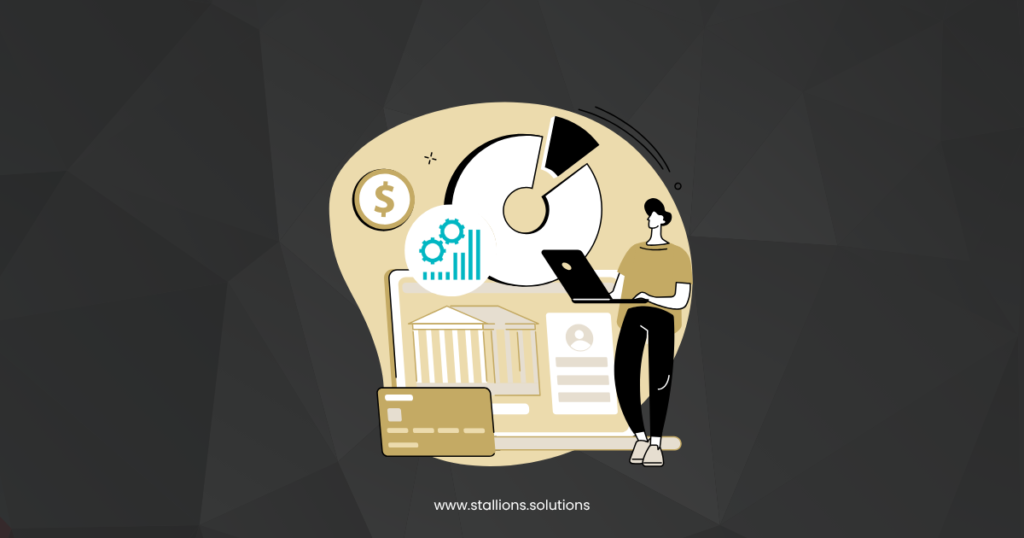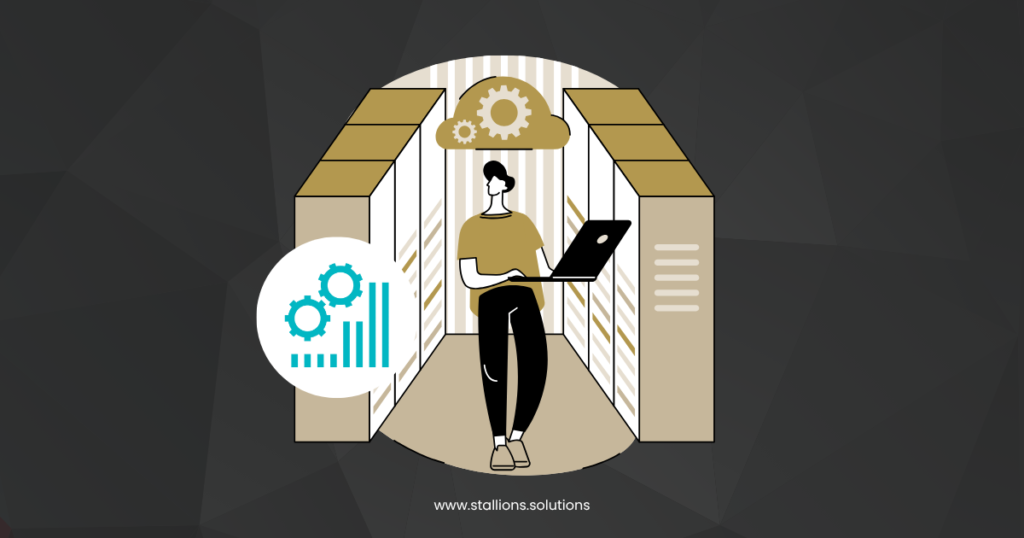Microsoft Dynamics 365 for Finance and Operations (D365 FinOps) is a powerful business tool that helps companies manage finances, inventory, retail, and HR more efficiently. Whether you’re an IT expert, developer, or system manager, this guide will help you understand how D365 FinOps works and how it can benefit your organization.
What Is D365 FinOps?
D365 FinOps is part of Microsoft’s Dynamics 365 suite. It’s designed to streamline business operations, improve financial reporting, and support smarter decision-making. Built on Microsoft Azure, it offers secure, scalable, and flexible solutions for large businesses.
Core Architecture Explained
Here’s a quick look at how D365 FinOps is structured:
- Application Object Server (AOS): Handles business logic and transactions.
- Database Tier: Uses Azure SQL or SQL Server to store data.
- Client Tier: Accessible via web, mobile, or desktop.
- Retail Server: Connects retail systems with the core platform.
- Microservices: Supports specific tasks like tax calculation and address checks.
Top Features of D365 FinOps

D365 FinOps supports many business functions, including:
- Finance Management: Tools for accounting, budgeting, and reporting.
- Supply Chain: Inventory, procurement, and logistics with AI insights.
- Retail & Commerce: Supports online and in-store sales.
- Human Resources: Manages employee data, payroll, and performance.
- Project Management: Helps plan projects, assign resources, and track billing.
Integration Made Easy
D365 FinOps works well with other Microsoft tools and third-party apps:
- Data Entities: Prebuilt templates for data sharing.
- Common Data Service (CDS): Connects with other Dynamics apps and Power Platform.
- Custom Services: Developers can build integrations using X++ or .NET.
- Logic Apps & Power Automate: Automate workflows and connect external apps.
Deployment & Customization Tips

You can deploy D365 FinOps in the cloud, on-premises, or in a hybrid setup. To customize it effectively:
- Use extensions instead of modifying core code.
- Manage projects with Lifecycle Services (LCS).
- Apply DevOps for smooth updates and deployments.
Challenges to Keep in Mind
Implementing D365 FinOps can be tricky. Here are some common challenges:
- Complex Setup: Requires time and resources.
- User Adoption: Change management is key.
- Customization vs. Standardization: Find the right balance for long-term success.
Final Thoughts
Microsoft Dynamics 365 for Finance and Operations is a game-changer for businesses aiming to improve efficiency and decision-making. With strong architecture, rich features, and seamless integrations, it’s a smart choice for modern enterprises. Success depends on proper planning, skilled implementation, and ongoing support.



